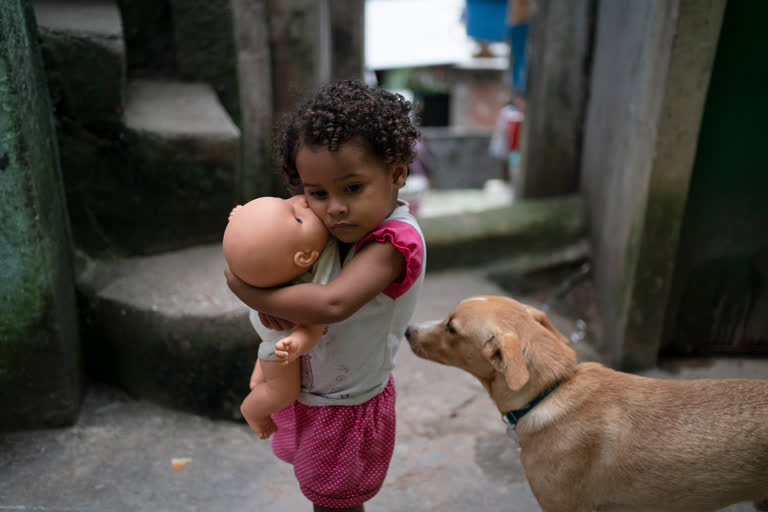Hyderabad: The COVID-19 pandemic has battered the world and brought the normal life to a standstill. With the virus reaching each corner of the globe, life has become difficult for many. But it is the poor, who are at the receiving end.
With lesser financial support, access to clean water and sanitisation, the lives of the poor have become more miserable. Moreover, poor urban planning in slums has made social isolation a distant dream at a time of the pandemic.
A sixty-three-year-old domestic worker was the first victim of the virus in Brazil's Rio de Janeiro. She was contaminated with the virus from her employer who returned from Italy and did not go for self-isolation.
Though her employer survived the virus, she couldn't because she couldn't afford to miss the work due to financial crunches.
This is just a case that came to limelight. There must be many more such cases in Brazil, which need to be addressed.
According to a data prepared by a research institute Instituto Data Favela, over half of the people living in slums across Brazil are self-employed and most women are maid. Without no other means of earning, they are forced to choose between their lives and jobs.
At this point of time, a group comprising of children's of domestic workers have pleaded with the employers to give paid leave to their mothers. This is one of many initiatives rolled out by community groups living in slums since mid-March.
Also Read: Modelling coronavirus: 'Uncertainty is the only certainty'
Moreover, they are teaching the people living slums how to deal with the pandemic. But it seems not enough. Relief efforts from national as well as global level are required to ease their living.
Donors from international as well as national level should come forward and work shoulder to shoulder with the poor at this time crucial point of time will help them in the fighting against the virus.



